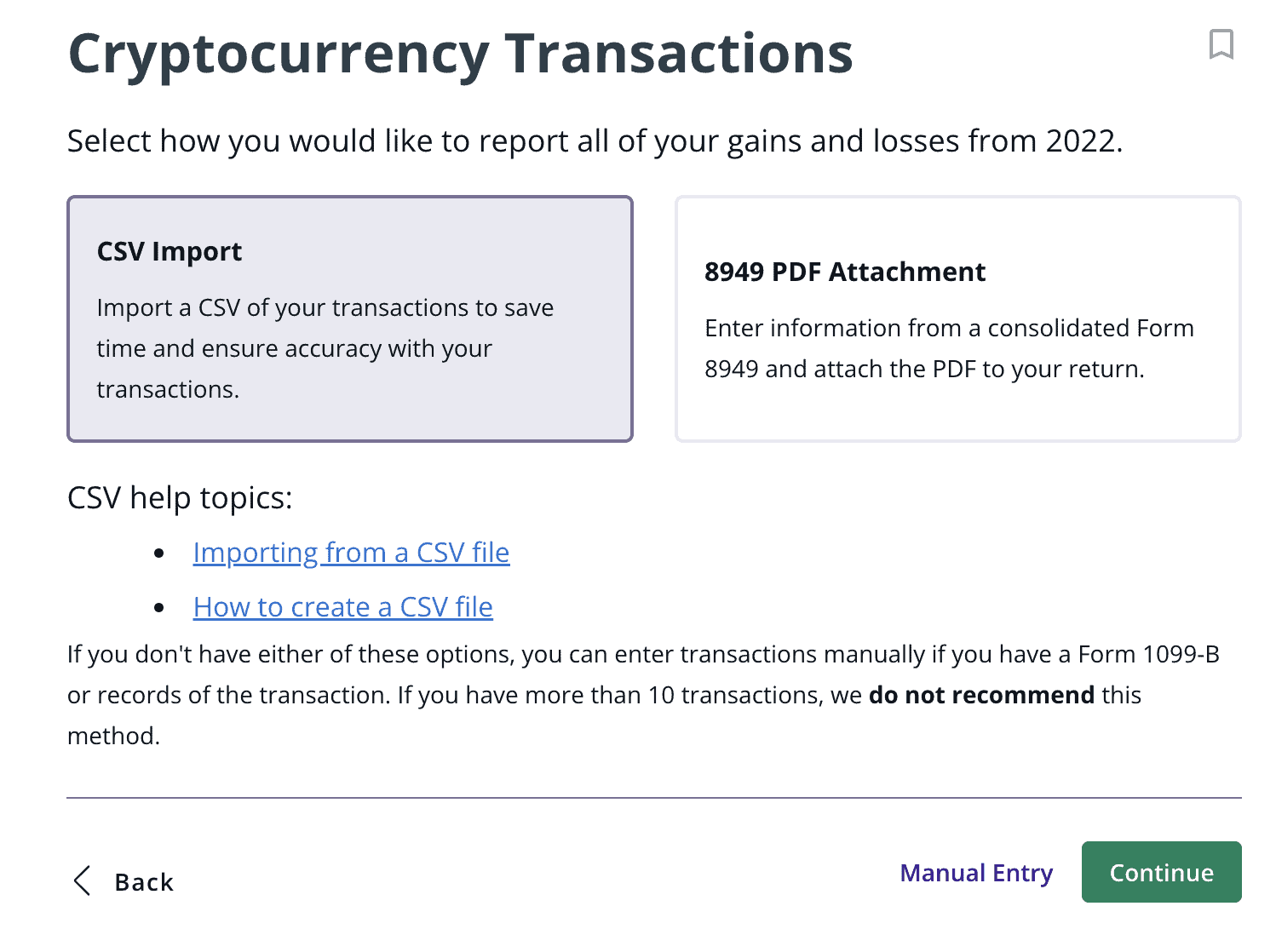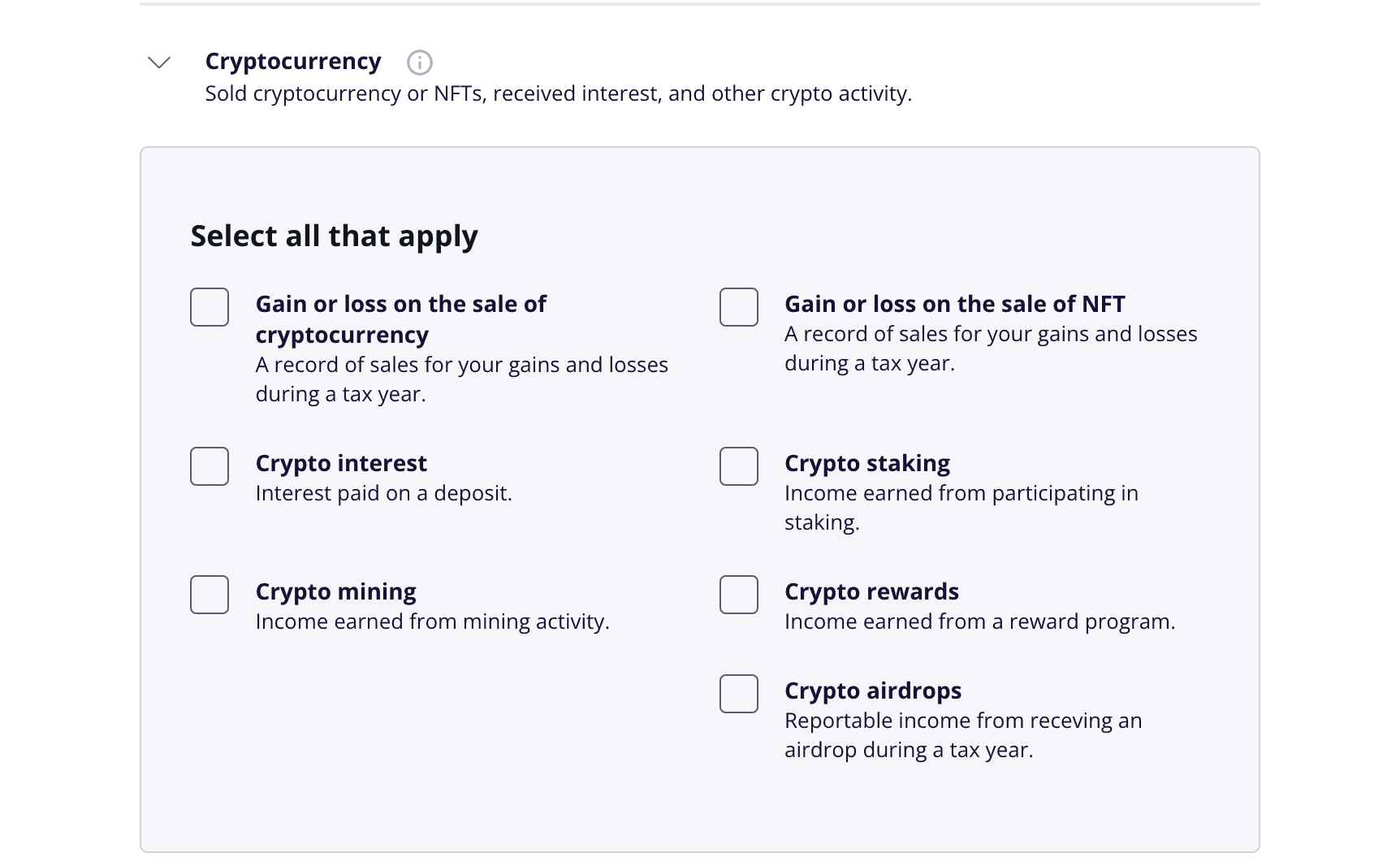Products You May Like
If you engaged in crypto trading in 2022, it’s possible you could receive Form 1099-K this year. But what is this form telling you, and what should you do with it? Let’s break it down together.
To make virtual currency trading more user-friendly, crypto exchanges (like Coinbase, Gemini, Kraken, etc.) have enabled their users to make transactions through third-party payment networks.
What are third-party payment networks?
Third-party payment networks are companies that process credit card and other online payment transactions for online retailers (or crypto exchanges, in this instance). Some examples are Paypal, Venmo, Google Pay, and Apple Pay.
Why did I receive a 1099-K from my cryptocurrency exchange for crypto trading?
Third-party payment networks and online retailers use Form 1099-K to report the transactions from your processed payments. Not all crypto exchanges utilize Form 1099-K (they may instead issue other 1099 forms), but some do.
In the past, the IRS only required third-party payment networks to report transactions to the IRS if you had at least 200 transactions totaling at least $20,000 in a year. This was set to change in 2022, but the IRS delayed the changes by one year.
Starting in tax year 2023, third-party payment platforms must report transactions to the IRS if your transactions total $600 or more, regardless of the number of transactions made. If, for example, you had one crypto sale totaling $600, you could receive a 1099-K for that transaction in 2023.
It’s unclear whether more crypto exchanges will start sending 1099-Ks, but if you received one for your crypto transactions this year or expect to receive one next year, keep reading!
Do I need to report my crypto income to the IRS?
Yes, although the way to do so differs from a typical W-2.
The IRS considers cryptocurrency to be a digital asset and treats it as a form of property. If you sell virtual currency for a profit, you’d report the profit as a capital gain. If you were compensated with cryptocurrency, it’s considered ordinary income and taxed as such. In this case, you’d report the income as “other income” on your federal income tax return.
It’s important to note that Form 1099-K does not report your crypto gains and losses — it is merely a summary of all your crypto transactions. This means that not all the transactions reported on the 1099-K are necessarily taxable, which can make the form extremely confusing, especially for new crypto traders.
How do I report my 1099-K for cryptocurrency?
Since 1099 forms are purely informational, you don’t need to include them with your federal income tax return, but you should use any 1099s to report relevant income correctly.
You may have other tax forms related to crypto trading, such as Form 1099-MISC or 1099-B. If applicable, you can use these forms in conjunction with Form 1099-K to correctly report your crypto profits or losses.
TaxAct® strives to make crypto tax reporting as straightforward as possible. As you go through the e-filing process with us, you’ll see a section called “Less common income.” Once you check this box and select the type of income you received, you’ll see a section on cryptocurrency:
On this screen, you can check all the boxes that apply to your crypto transactions for the current tax year, including gains, losses, crypto interest, mining income, etc. We’ll ask detailed questions about each category to help you correctly report your crypto income. You’ll also be able to import a CSV of your transactions, if you have one, or do so manually:

After you’ve gone through our crypto reporting section, you should be done reporting your crypto income!
Main takeaways
If you receive an unexpected Form 1099-K from your crypto exchange this year, ensure you know what it’s for and how to use it. Filing with TaxAct makes the process stress-free — we’ll guide you through it step by step so you can file quickly and confidently.

